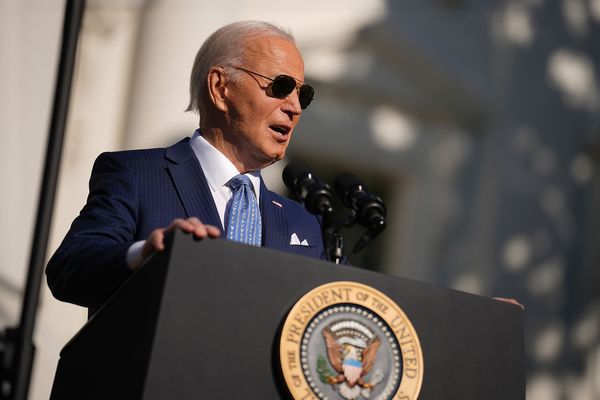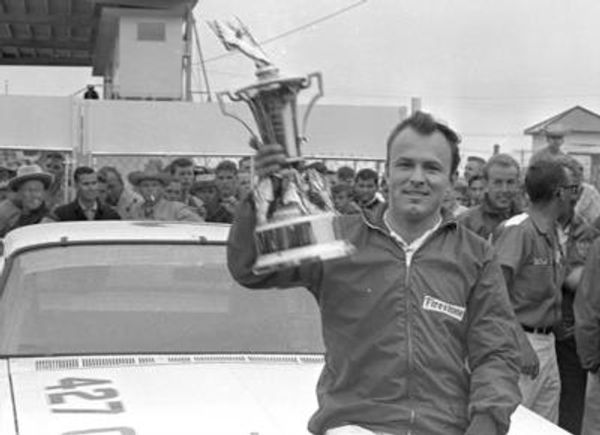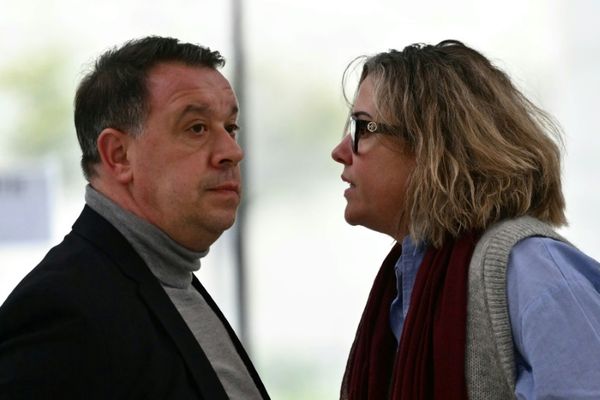Electric-vehicle manufacturers are gaining traction in the U.S. as more of them invest billions of dollars into constructing their own battery plants.
The investment in battery plants comes as EVs gain in popularity among consumers and as auto manufacturers seek to control their supply chains.
Legislators, including California Gov. Gavin Newsom, are also seeking to ban gasoline-powered cars. The California Air Resources board on Aug. 25 approved regulations that stop the sale of new gas-engine cars in 2035. California makes up about one-third of the auto market in the U.S.
The push to eliminate the sale of internal-combustion-engine vehicles is also gaining strength as several states have said they plan to adopt California's stricter rules on car emissions.
Several states, including Washington, Oregon, Massachusetts and New York, have adopted similar zero-emission-vehicle standards.
Honda's New Battery Plant
The latest entrant: Honda Motor (HMC) said on Aug. 29 that it would construct a lithium-ion-battery factory in a $4.4 billion joint venture with LG Energy Solutions.
They said that construction would begin in early 2023 with mass production of the advanced lithium-ion battery cells by the end of 2025.
The plant seeks to have a production capacity of about 40GWh each year.
Neither company specified where the plant would be built, but sources told the Wall Street Journal that it would be built in Ohio.
Honda already has an Marysville, Ohio, auto plant, built in 1982, that produces the Honda Accord sedan and coupe, plus the the Acura TLX and ILX, for customers in more than 100 countries.
Honda entered the EV market later than its competitors and said more than a year ago that it planned to manufacture only EVs. By 2040, the Japanese automaker plans to switch over entirely to electric and fuel-cell vehicles.
EV Battery Plants in the U.S. Growing
Several battery plants are being built in the U.S. as auto makers race to ensure they have steady supplies.
Panasonic could invest $4 billion constructing a second EV battery plant in the U.S., according to the Wall Street Journal.
The Japanese company provides batteries for Tesla (TSLA) and is considering building the plant in Oklahoma, sources told the WSJ.
A battery plant in Oklahoma would benefit Tesla since it has a manufacturing plant in Austin.
In July, Panasonic said it would spend $4 billion to build a battery plant in Kansas. Sources told the WSJ the two plants would be similar.
Panasonic already operates a battery factory with Tesla in Nevada.
General Motors (GM) plans to open a $2.6 billion battery plant with LG Energy Solution in Lansing, Mich.
In May, Stellantis (STLA) said it was creating a joint venture with Samsung SDI to build its own $2.5 billion lithium-ion-battery plant.
The plant will be constructed in Kokomo, Ind., and production is estimated to start in 2025. Initial annual production capacity is 23 gigawatt hours.
In 2019, BMW said it doubled its capacity to produce high-voltage batteries at its Spartanburg, S.C., plant. The batteries are used for the plug-in hybrid models of the new BMW X5 and the BMW X3. (BAMXF)
Last year Ford (F) and SK Innovation, a Korean battery supplier, created a joint venture to manufacture 60 GWh annually in traction battery cells and array modules.
Ford also has three battery plants in Kentucky and Tennessee that are part of the joint venture between Ford and SK.







